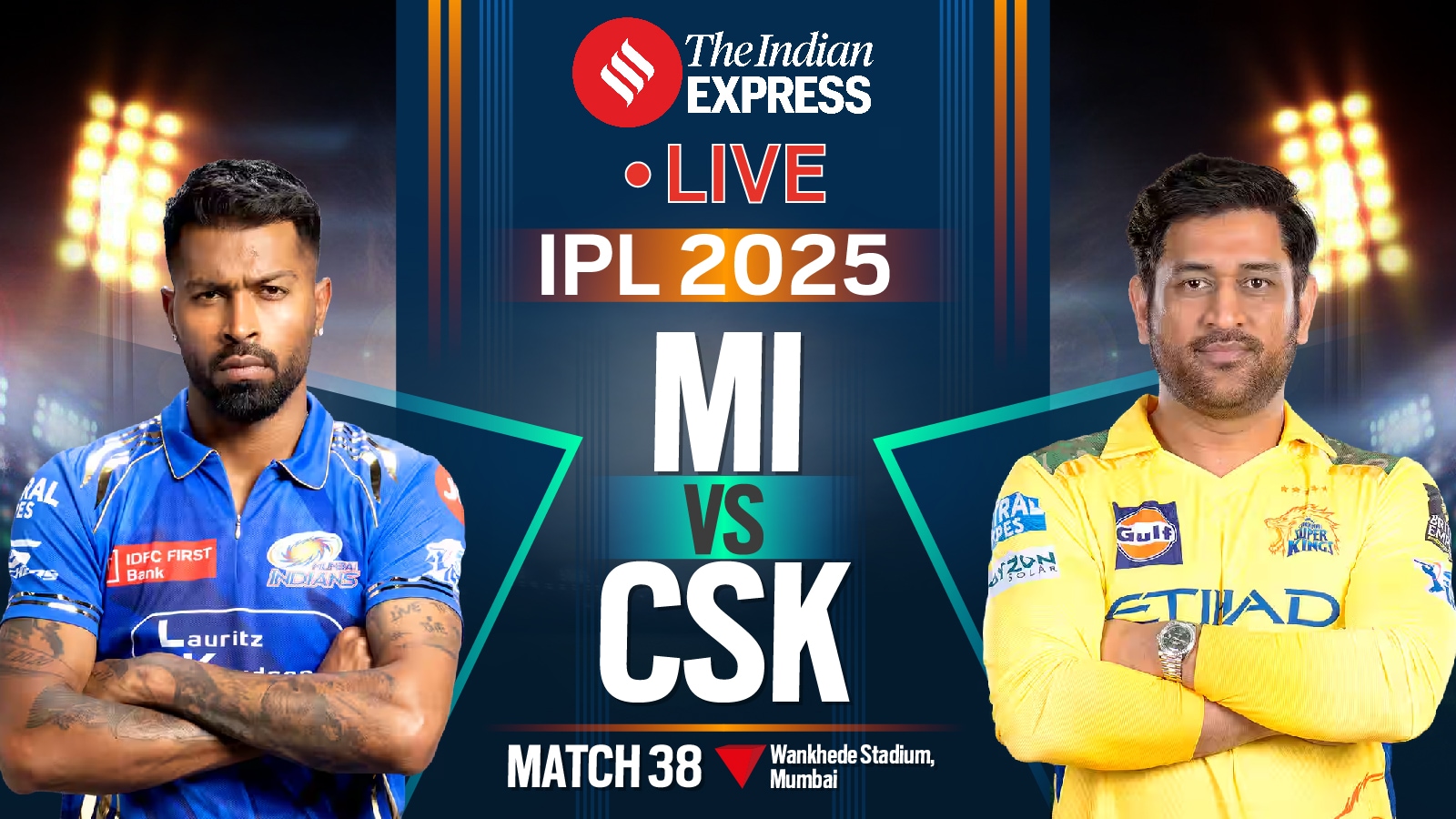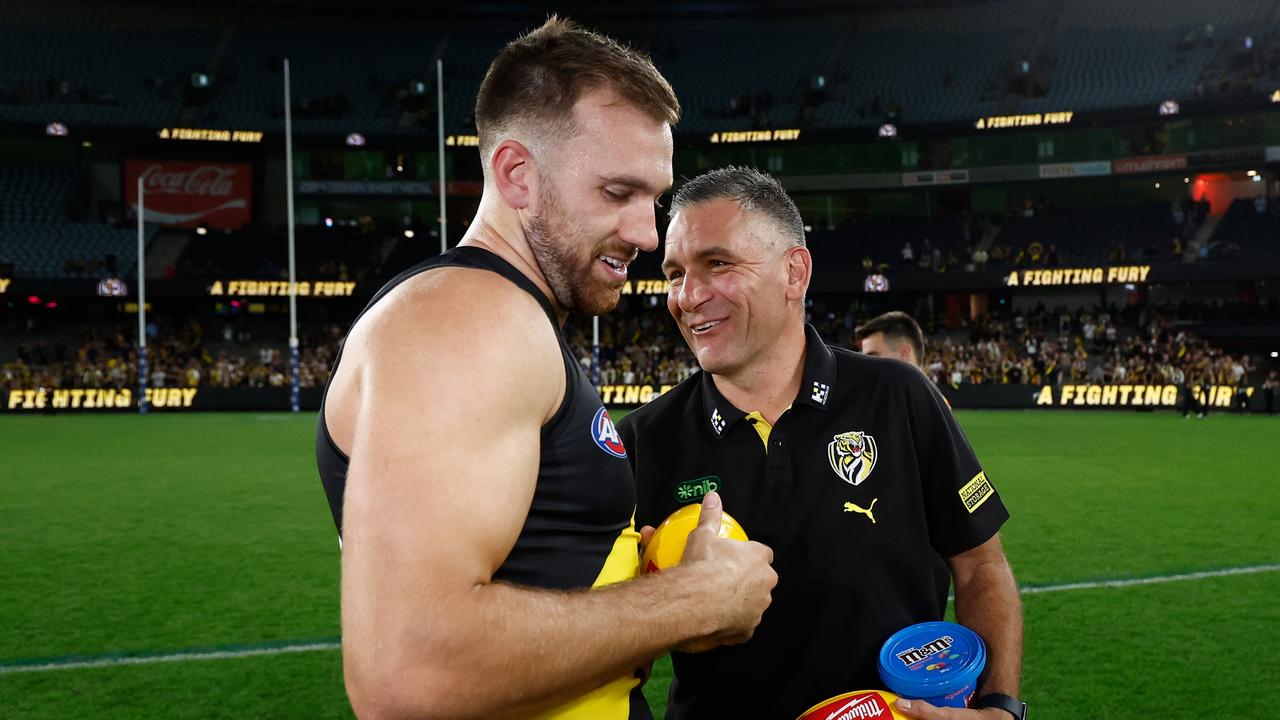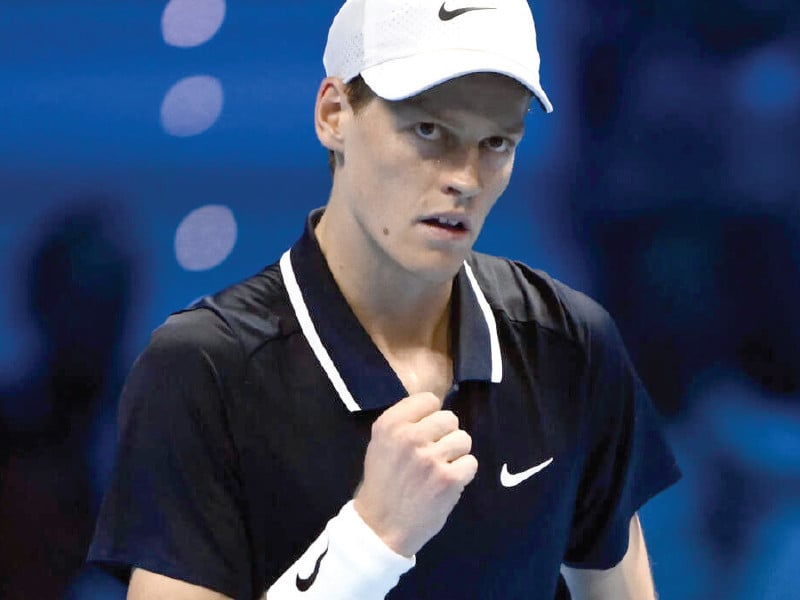D Gukesh's coach 'knows nothing about chess'; said 'youngsters don't have self-awareness' but mentored ‘world champ’

D Gukesh became India’s second-ever world chess champion in history in December last year, with Viswanathan Anand having already won it five times. Gukesh defeated defending champion Ding Liren at the World Chess Championship in Singapore to achieve the feat and also became the youngest-ever to do so. Paddy Upton (L) poses for a photo with D Gukesh in Singapore. ((Maria Emelianova/FIDE))The match reached the decisive 14th game and it looked like it was going to reach the tie-breaker stage, in accordance with Liren’s plan. But a massive blunder by the Chinese GM in the 55th move saw him resign and concede in a historic defeat.To the surprise of Indian cricket fans, it was revealed after Gukesh’s win that he had Paddy Upton as his mental conditioning coach. Upton has previously worked with the 2011 ODI World Cup-winning team and also the Indian men’s hockey team which got bronze at the 2024 Paris Olympics.Paddy Upton reveals how he trained D Gukesh for the World Chess Championship showdown vs Ding LirenSpeaking on his Youtube channel, he recently opened up on working with Gukesh for the World Chess C’ship last year. The 56-year-old revealed that he was hesitant at first due to his zero experience in chess, but a phone call with Gukesh changed his perception.“So somewhere in the middle of 2024, I got a phone call asking, would I consider working with a 17-year-old chess player. Initially, the answer in my head was no, because 17 tends to be a bit young for the kind of work I do, because youngsters tend not to have that ability to really have self-awareness and self-reflect. I know nothing about chess, and I didn't even know if my work is applicable in chess”, he said.“Then I came to understand how the chess world works. You get a world champion who sits on their throne for two years and three quarters of the way through that with six months to go, a big tournament happens called the Candidates and whoever wins it gets to challenge the world champion, and has six months to prepare for that. It is 14 games of classical chess which is the long format and young Gukesh at 17-years-old, was the youngest person ever to win the Candidates, and I said well let me at least have a conversation with this young chess player. Very soon into that conversation I realized I was talking with a very special human being. His ability to self-reflect was remarkable. The quality of his questions, the mental and emotional maturity was so far beyond his years. And it was no surprise that at 17-years-old, he was the youngest person ever to win the Candidates.“I said, yes, let's give it a try. But I really don't know if my work is that applicable in chess. I've worked in 19 other sports. And all of those other sports, the primary performance tool was the body, the physical body, either running, jumping, hitting, kicking, swimming, climbing, whatever it might be. And I was working on the mind, which is the supporting tool for those skills. But chess is the first time where I work with someone whose primary performance tool is the brain.”Upton worked with Gukesh for five months, where he mentally prepared him to be ready like a world champion. “So I wasn't sure how it would work out. I spent an hour to hour and a half every week for five months working with Gukesh, preparing him to be the youngest ever chess chess world champion playing against the world champion, Ding Liren. So you've got India versus China, a third of the world's population is potentially watching this chess match or could be. If I were to fast forward to the world championship match in Singapore towards the end of 2024, about three weeks out from that, I said to Gukesh, we're not going to work on anything new. We're just going to work on consolidating your mental strategy. World champions don't become world champions when they win the final. World champions generally arrive at the event, be it the Olympics, or in this case at the beginning of an 18-day or 14-game tournament,” he said.“World champions arrive as world champions, they are prepared as world champions, they have world champion strategies. They eat, they sleep, they train, they recover. They do everything that a world champion would do at gold class standard. Then when they do win at the end it really is just a confirmation that we have been on the right track. People think that because this is the beginning You do not need to deliver at a higher level than you've ever delivered. You just need to hit your potential.”Opening up on the final stages of the World Chess Championship, he said, “12 games, Gukesh loses the first game, which was absolutely okay. Most people would panic under that situation, but Gukesh was prepared for the fact that you will lose games. That's not the problem. How are you going to recover from losing? You will make mistakes when you're in a strong position and you'll make a mistake that will concede and maybe put you in a defensive position and it'll be a very frustrating and annoying mistake. That is going to happen anyway. The key thing is how are you going to recover from that and come back into the present moment and play the game as it sits in front of me.”“The whole thing was distraction management. How do I leave the past in the past and focus on the present moment? I've got a plan to win and a plan to not fail and how do I keep bringing that plan back into the present moment? And one of the things I said to you, Gukesh is I'm not going to come to the World Championship and support you in person. Why? Because he played a number of tournaments in that six-month period and at no point did I go along and watch. I didn't want to do anything different to what Gukesh had been doing and how he'd been preparing for that six-month period.“Gukesh won the 11th game to go one up. He lost the 12th game very badly. He was comprehensively beaten by an almost perfect game by his opponent, Ding Liren, which levels the score at 6-6 with two to play. That was the first time that Gukesh reached out in that 12-game period, to have a conversation, to process everything that happened. He talked me through his process of how he had navigated the one, the day before, how he managed the loss, and what his mindset was going into the final two games.“I was so excited by his ability and his clarity on how he had let go of that 12-game loss for the three or four hours of the event, how much clarity he had on pressing the reset, and the amazingly focus and clarity and calmness that he had moving into the final two games,” he added.In the latter half of the video, Upton also mentioned that he didn’t plan to go for the World Championship match, but changed his mind at the last moment and didn’t inform Gukesh that he would be there. After his historic title, Gukesh next participated at the Tata Masters, where he came second, losing to R Praggnanandhaa in the tie-breaker round. After that, he took part at the Weissenhaus Freestyle Grand Slam event, where he endured a winless run to finish in eighth position.




.jpg)







